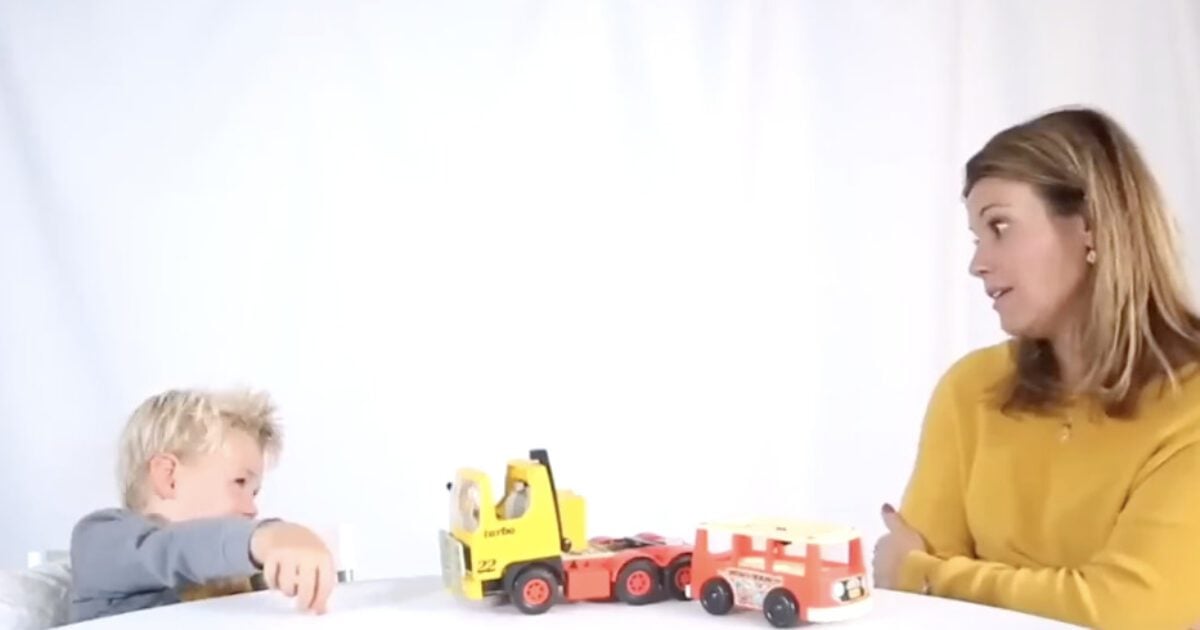Politics
World Health Organization’s ‘Comprehensive Sexuality Education’ Teaches Young Children Masturbation

The World Health Organization (WHO), that claims their mission is “to promote health, keep the world safe, and serve the vulnerable” has ‘Comprehensive Sexuality Education’ guidelines that feature adults talking to young children about their genitals and teaching masturbation.
Stop World Control has a comprehensive report on the disturbing activities.
WHO “comprehensive sexuality education” (CSE) program is teaching children about masturbation. pic.twitter.com/L7JKc3CUCj
— Aida Reva (@RevaAida) May 8, 2023
The clip below features an adult telling a nine-year-old girl, “Sex is not only functional when you’re just making babies. I’ve said before that it’s also fun to do, you discover how your body works, and how my body works.”
“Not only boys can have an orgasm. Girls, too, can have an orgasm. But they don’t have ejaculation then, because we don’t have sperm. But it’s a nice feeling.”
“And obviously you’ve looked at your vagina before, haven’t you?”
After a detailed anatomy lesson she then tells the little girl, “When you touch that it gives a very nice feeling…It’s actually very nice when you’re touching that button. For example, you can rub it with your finger.”
Another adult asks a very young boy, “Do you ever play with your di**? Do you ever play with your willy? Yes, and how does that feel?”
“And when do you do that?”
The boy replies, “I don’t know,” before being prompted by the adult, “Do you do that when we are eating?”
“No,” he says.
“No, right?” the adult continues. “Or in the classroom?”
The child shakes his head no and the adult’s tone is one of surprise, “No, not at all? Why don’t you do it in class? When can you play with your di**?”
“When you’re at home?” the visibly uncomfortable boy replies.
The Who’s CSE suggest education should begin with children as young as five and is “Intended to support school-based curricula, the UN’s global guidance indicates starting CSE at the age of 5 when formal education typically begins. However, sexuality education is a lifelong process, sometimes beginning earlier, at home, with trusted caregivers. Learning is incremental; what is taught at the earliest ages is very different from what is taught during puberty and adolescence.”
While global hunger numbers rose to as many as 828 million in 2021, this is what the WHO focuses on.
Read the full article here


















